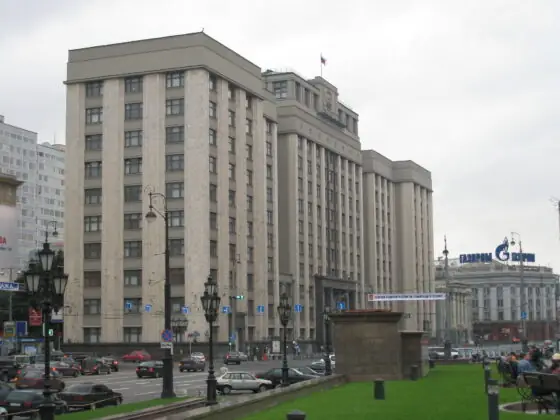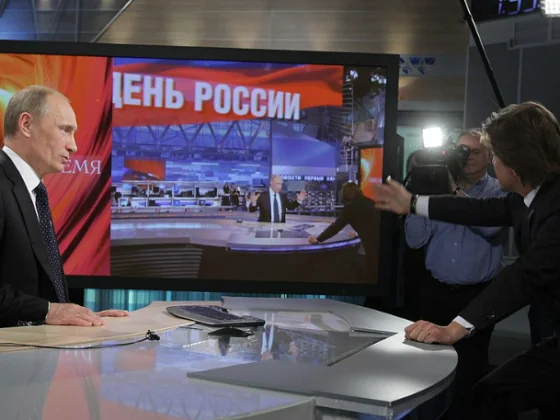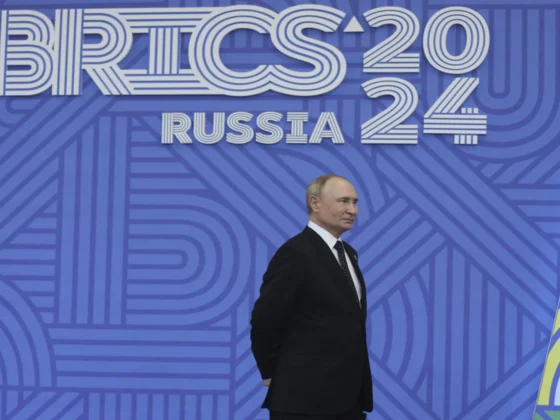Contradicting dire forecasts of economic crisis and even collapse, “Lukanomics” has managed to lead Belarus into a thirteenth consecutive year of uninterrupted economic growth. This stability, however, has been heavily dependent upon two factors, both connected to the Russia-Belarus union that President Alexander Lukashenko managed to effect in the later years of former Russian president Boris Yeltsin’s administration: first, unlimited access to the Russian market for Belarusian goods and, second, generous discounts on Russian hydrocarbons shipped to Belarus. According to different estimates, implicit subsidies to the Belarusian economy due to subsidized gas prices and the absence of export duties on Russian oil shipped to and processed in Belarus have amounted to 10-20 percent of Belarus’ gross domestic product. In such a context, Belarusian authorities have had minimal motivation for reform. […]
Memo #:
33
Series:
2
PDF:
PDF URL:
http://www.gwu.edu/~ieresgwu/assets/docs/pepm_033.pdf
Author [Non-member]:
Vitali Silitski








